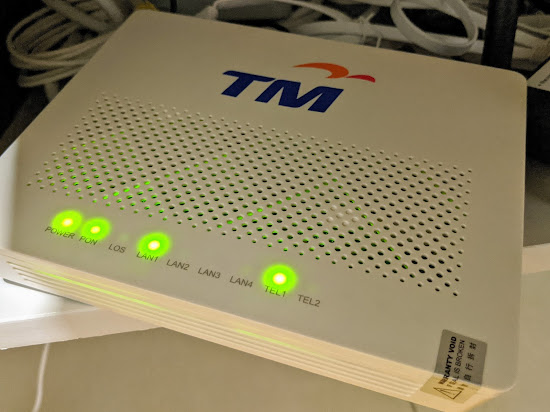The PMR Mentor Programme: Leadership & Motivation With One Stone
 |
| Mentors giving out congratulatory high 5s at the end of the jog. Emotional support. |
This year, I wanted to personally handle the SPM group because I felt that it was more challenging to influence older kids & I didn't want to burden other teachers like I did last year. However, this left a big question mark as to who will handle the PMR group. I got my answer at the end of last year in a discussion with Sarah Lasung (a Leadership Development Officer with Teach For Malaysia): Get the PMR students who went through the motivation programme under me to do it for their juniors.
Pure genius. And that was exactly what I did. I'd like to thank my principal, Mr Patrick Nojey for approving the funds to pay for the shirts my students used.
 |
| Exercise is good for mental, emotional & physical health which contributes towards better concentration & memory. Any motivation programme needs to take note of this. |
- I chose NON-prefects because I wanted students who could commit to the programme. I could not have the best students (I believe Prefects should have the first pick) but I had students who did not have to juggle with multiple responsibilities.
- I chose students who scored at least 1A (which is not easy, mind you) so that they had credibility. I constantly met with them to edify them (for self-efficacy) & always talked them up in front of their mentees (for perceived credibility).
- Initiation Reward: free shirts. I hand-picked 20 students & gave them personalised collared shirts. Their mentees had round-neck shirts of the same colour. I told them that the collars symbolised their authority, leadership & professionalism.
- Completion Reward: certificates. Out of the 20, only 13 deserved certificates. From the beginning, I stressed commitment & leadership by example. If they failed to commit or support their leaders, they did not deserve the certificate. I made sure that the certificate stated what they were part of.
What is the difference between my Motivation Programme & your typical motivation programme?
Schools usually go on an exam frenzy the month before the exam. They'd scramble for teachers to give talks & motivation speakers to motivate their students. They'd organise a few talks usually in the span of a week & then conclude that they had a successful programme. That will work in most schools because parents will motivate their own kids. Parents, you do realise that you have to tell your kids to study, no?
My school is a boarding school. Students spend most of their time here. Furthermore, their parents/guardians have very little influence on them or very little parenting skills to impose on their children. Therefore, in my situation, the school plays a big part in shaping the lives of these children. We don't have educated parents who will tell their kids every day to work hard. In my 3rd year, I saw the adverse effects of leaving these children to their own devices. It's not something that I'd want my own children to go through.
Therefore, I decided to take matters into my own hands & craft a motivation programme in my 4th year based on what I learned from the past principal of my school, Mr Clement Chieng (Principal of SMK St Elizabeth), whom I had the privilege to work with in my first 2 years. It's a weekly programme which starts in January & goes on until the last week of PMR.
personal beliefs in preparing students for the big exams. I think that it is important enough for me to briefly share here too.
- Children need to be constantly reminded. They are easily distracted. Motivation needs to be year-long & continuous instead of just a one-off talk a month before the exams.
There are many ways to do it. The Counselling Unit at your school plays a big part in this. You can also do this every day in your classes.
At my school, I get the mentors to meet with their mentees regularly to discuss their grades. Every week, the mentors must run a motivation programme for the PMR students. - Basically, children just need someone to be there for them. To push them. To fight for them. To believe in them. You can choose to be that someone. Or, you can let the local gangsters do it for you.
You, the teacher, no matter what it seems, still holds a lot of relevance in the development & success of every pupil.
Let me end with a thank you to the mentors for a job well done. I could see them grow as leaders & many of them are stepping up in leadership positions in the school. I'm proud to have played a part in shaping this generation of young people. I look forward to great things.
View all the pictures here on my Facebook page.






